Are Fragrance Oils Safe? Decoding the Truth Behind Scented Products
Navigating the safety of fragrance oils? In this critical assessment, we investigate their impact on health and rigorously examine the standards that deem them safe or hazardous. Proceeding without fluff, this article aims to leave you with a definitive understanding of “are fragrance oils safe?”
Key Points about Fragrance oils
- Fragrance oils, composed of synthetic aroma compounds, are distinct from natural essential oils and can contain harmful chemicals, including those known for their toxic properties. It’s crucial to be informed and cautious when using them to avoid potential health risks, yet when used as prescribed, they are generally deemed safe.
- The debate between natural and synthetic fragrance oils focuses on cost, authenticity of scent, and environmental sustainability, with natural essential oils offering an authentic experience. Moreover, natural essential oils are preferred over synthetic ones due to their lack of toxic properties, emphasizing the importance of choosing non-toxic, clean, and safe ingredients.
- Regulations such as the EU Cosmetics Regulation and California’s Proposition 65 play a crucial role in ensuring the safety of fragrance oils, requiring disclosure of certain allergens and toxic chemicals to protect consumers and the environment.
- Be aware of “Absolutes” containing chemical solvents and know that many “complex” aromas, like may of those derived fruit, coffee, and sweets, don’t occur in a natural form.
Understanding Fragrance Oils and Their Composition

Fragrance oils, also known as aroma oils, aromatic oils, and flavor oils, are synthetic substances laden with chemical compounds and often solvents. They are distinctly different from natural essential oils, which are derived from plants. Composed of a blend of synthetic aroma compounds, they can mimic those found in natural essential oils or essential oil diluted with carriers such as propylene glycol, vegetable oil, or mineral oil.
With their versatile nature, fragrance oils have made their way into a myriad of products. These include:
- Perfumery
- Candles
- Cosmetics
- Food flavoring
Whether it’s the alluring scent of your favorite perfume, the calming aroma of scented candles, or the appetizing flavor of certain foods, healthy fragrance oils are at the heart of these experiences. Natural essential oils, collected through meticulous extraction processes and, while not totally devoid of toxic properties, offer a safer, alternative to synthetic fragrance oils, emphasizing the importance of choosing clean and transparently labeled products.
However, not all fragrance oils are created equal. Some contain harmful chemicals, while others are marketed as ‘natural’ or ‘healthy’. Being conscious of the fragrance ingredients in the oils you use is paramount, as some may harbor potentially harmful constituents like benzene derivatives.
The fragrance industry is a vast one, with many players producing a range of products. From candle makers crafting scented candles to companies creating fragranced lotions and soaps, the use of fragrance oils is widespread. Grasping the composition of these oils empowers consumers to make more informed choices for their health and environmental wellness.
The Safety Profile of Fragrance Oils
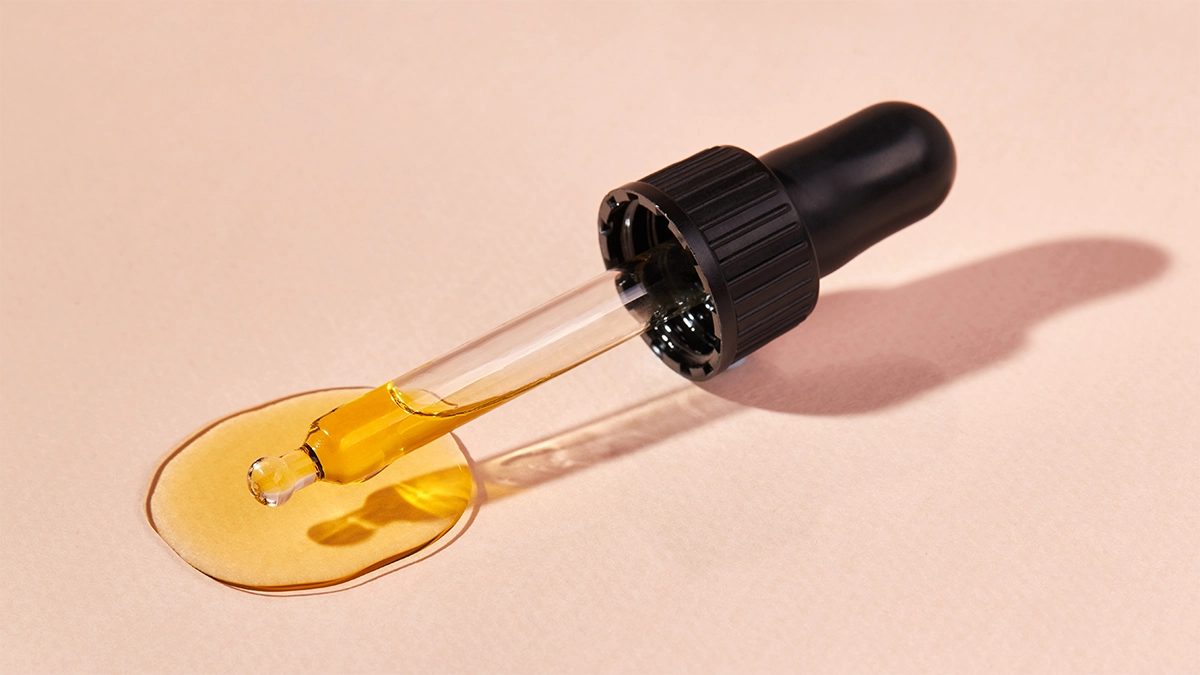
Fragrance oils can contain chemicals like musk, ethyl methoxycinnamate, and phthalates. These substances have been linked to health risks such as acting as endocrine disruptors and impacting development, puberty, metabolism, and behavior. They can also lead to symptoms like headaches and dizziness. It’s crucial to be aware of the possible dangers, emphasizing the need for informed use to avoid health risks associated with their toxic properties. Despite these potential risks, fragrance oils are deemed safe for use when consumers adhere to the intended use prescribed by product manufacturers. This ensures that overexposure does not occur.
Consider that no fragrance oil, whether synthetic or natural, is entirely devoid of toxins. Even natural substances can be toxic in sufficient quantities. Therefore, using them safely and responsibly is key. This includes adhering to the recommended usage instructions, avoiding overexposure, and opting for fragrance-free or phthalate-free options when possible.
Fragrance oils are commonly used in scented candles, air fresheners, and other scented products. While they enhance our living spaces with pleasant aromas, they can also pose potential health hazards if not used correctly. For instance, paraffin candles, which often contain synthetic chemical aromas, can release harmful chemicals when burned.
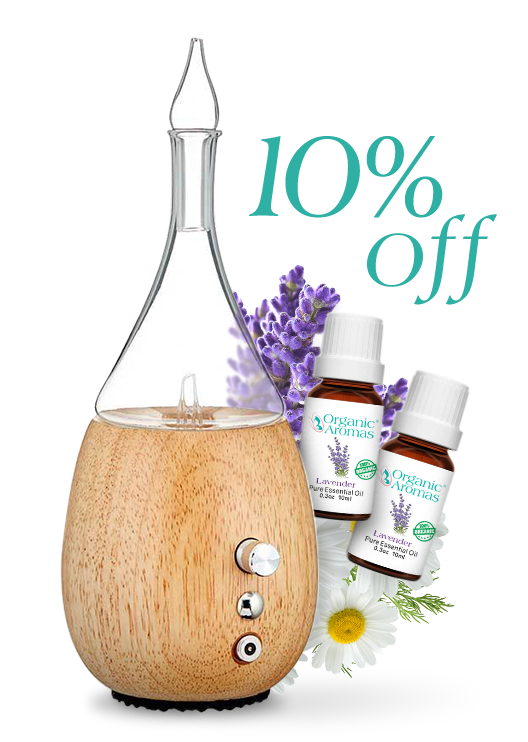
Join Now and Get a Coupon for 10% Off!
The Science Behind Fragrance Safety
Health Impacts of Synthetic Fragrances
Did you know that the pleasant scents wafting from your favorite personal care and household items might be affecting your health? Research reveals that synthetic fragrances, common in everything from shampoos to air fresheners, can significantly degrade indoor air quality. This could translate into a variety of health problems, including headaches, asthma attacks, and even neurological issues1. Next time you experience an unexplained headache or a sudden bout of dizziness, consider whether a scented product might be the culprit.
Sensitivity to Chemicals in Fragrances
It’s not just about the scent— it’s about how your body reacts to it. Many people exhibit sensitivities to the chemicals used in fragrance oils, experiencing symptoms that range from a minor rash to severe allergic reactions. Studies indicate that approximately 1% of the general population suffers from fragrance allergies, manifesting as skin irritations, respiratory issues, or worse2. This highlights the importance of understanding and recognizing our body’s responses to synthetic fragrances.
Environmental Impact of Fragrance Oils
Our use of fragrances doesn’t just affect us—it also impacts the world around us. Synthetic fragrances contribute to the pollution of our waterways and can be toxic to aquatic life, leading to long-term environmental damage. This ongoing contamination raises serious concerns about the sustainability of synthetic fragrances and their broader ecological impacts3.
Understanding Fragrance Oils: Natural vs. Synthetic
Common Fragrance Oils Confused with Essential Oils
It’s easy to mistake fragrance oils for essential oils due to their similar scents. Fragrance oils like those mimicking lavender, peppermint, or eucalyptus can seem identical to their natural counterparts. However, it’s important to be aware that any “fruit” aromas or food-based scents, such as those resembling custard apple or chocolate, are almost certainly synthetic. Nature does not provide essential oils with these fragrances.
Synthetic vs. Natural:
Fragrance oils are created in laboratories and may contain chemicals not found in nature. In contrast, essential oils are extracted directly from plants using methods like steam distillation or cold pressing. While synthetic oils can capture a broader range of scents, including complex and nuanced fragrances not typically found in essential oils, they do not offer the same natural benefits and often include additives that could be harmful if diffused and inhaled.
Understanding ‘Absolute’ in Fragrances
In the world of fragrances, an ‘absolute’ refers to a concentrated, highly aromatic, oily mixture extracted from plants. This type of fragrance component is produced through solvent extraction—a method ideal for isolating aromatic compounds from more delicate plant materials that may be damaged by the high temperatures involved in steam distillation.
Absolutes play a crucial role in perfumery. They are prized for their strong and enduring aromatic properties and are often the core component that gives a perfume its distinctive and lasting aroma.
Natural vs. Synthetic: A Comparison
When it comes to fragrance oils, the debate between natural and synthetic is a common one. Here are some key differences:
- Natural essential oils are generally more expensive and can have a longer shelf life.
- Synthetic fragrance oils, a type of synthetic oils, are less costly and have a shorter shelf life.
- Synthetic fragrances, derived from petroleum or wood pulp, are often cheaper to produce and may last longer.
Natural scents, on the other hand, offer a more authentic experience. They provide a scent that closely matches the original botanical, making them a preferred choice for many who seek a more ‘natural’ fragrance experience. Natural essential oils, distinguished from synthetic ones, are celebrated for their general lack of toxic properties (wintergreen and clove being some notable exceptions) offering a clean and safe alternative. Yet, it’s crucial to navigate the misconceptions surrounding ‘natural’ products and prioritize non-toxic, clean, and safe ingredients. The regulatory need for disclosure and transparency in labeling of fragrance ingredients is paramount to ensure consumer safety and informed choices.
Sustainability is a key factor in the production of essential oils. The sourcing of plants, as well as the cultivation and extraction methods used, can influence the sustainability of these oils. This remains a crucial factor for those favoring natural oils over synthetic ones.
Choosing between natural and synthetic fragrance oils often comes down to personal preference, cost, and environmental considerations. Each has its pros and cons, and understanding these can help you make an informed decision.
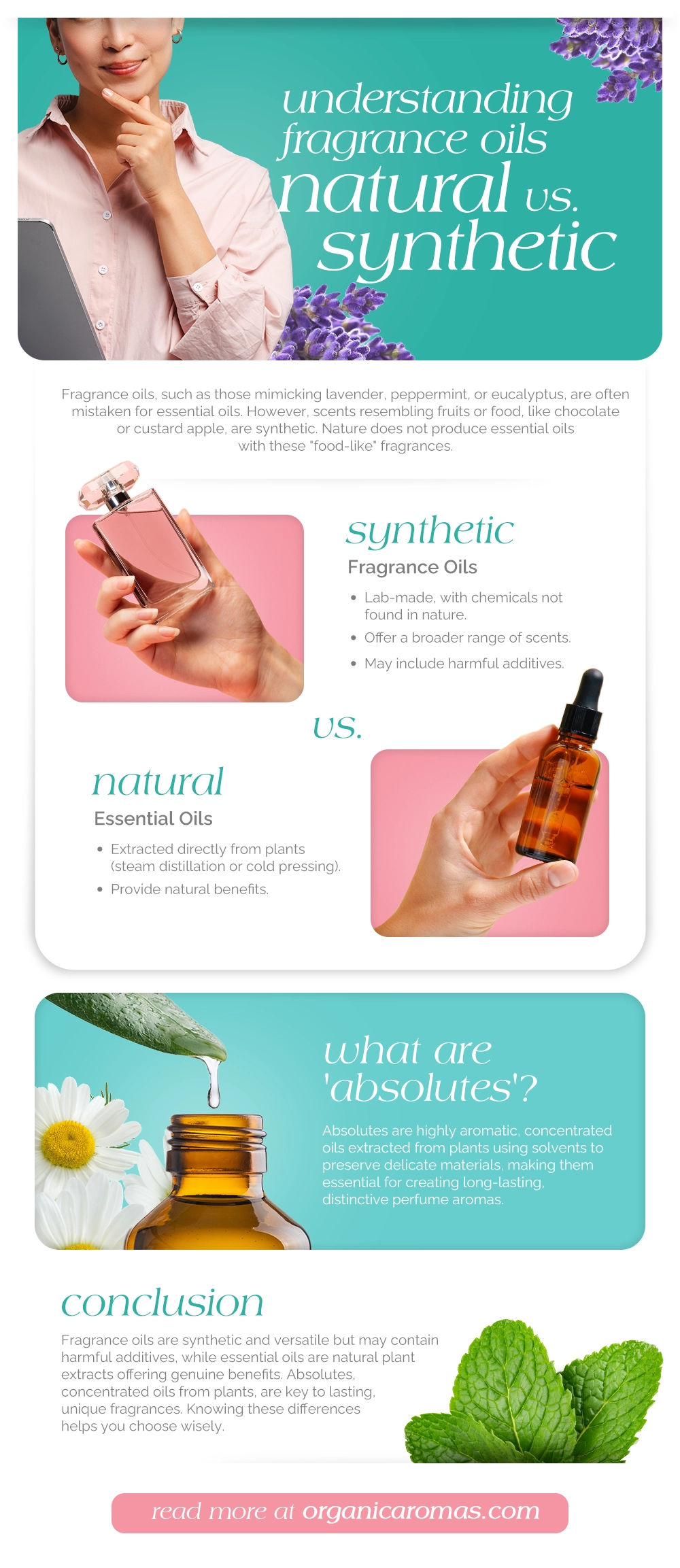
Impact on Skin and Allergic Reactions
For some individuals, exposure to fragrance oils can lead to allergic reactions. Symptoms can range from skin irritation to swelling and secondary infections.
Patch testing can be a useful tool in identifying individual sensitivities to fragrance chemicals. This diagnostic method uses standardized allergen mixes to pinpoint potential allergens that may cause reactions.
Since 2023, the European Union (EU) has mandated the labeling of 120 fragrance allergens. This move aims to protect consumers and provide them with information about potentially hazardous ingredients in cosmetic products.
Exposure to certain fragrance chemicals can also contribute to systemic health issues. These include:
- Neural disturbances
- Sensitivities affecting the skin
- Respiratory system issues
- Reproductive health problems
Being aware of these potential effects can help consumers make safer choices when it comes to using products containing fragrance oils.
Regulations and Consumer Awareness
Regulations have a vital part in guaranteeing the safety of fragrance oils. In the European Union, for instance, product labeling is required to disclose a list of 26 specific fragrances. This allows consumers with allergies to identify and avoid these allergens.
The EU Cosmetics Regulation is responsible for reviewing the safety and environmental impact of cosmetic ingredients. This shows a concerted effort towards safeguarding consumer safety and environmental protection. Certain ingredients, such as homosalate used in chemical sunscreens, are subject to strict regulations, including bans and concentration limits.
In the US, Prop 65 compliant fragrance oils do not contain any ingredients listed on California’s Proposition 65. This regulation aims to protect consumers from chemicals known to cause cancer or reproductive harm. However, confusion may arise as some chemicals listed on Proposition 65 also occur in essential oils or other natural sources.
The EU’s new Regulation on Classification, Labeling, and Packaging enhances safety communication by requiring manufacturers to include standardized labels. These labels contain harmonized signal words, pictograms, and hazard statements specific to each hazard class and category.
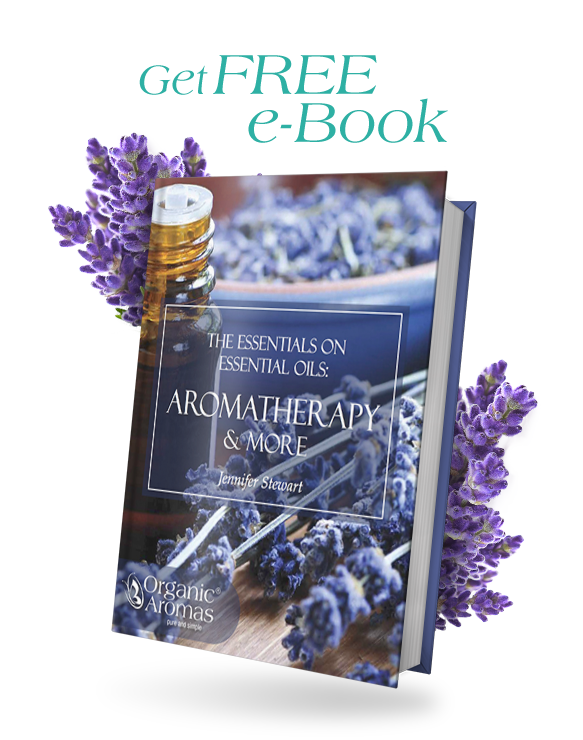
Sign Up to Get Your FREE
e-Book Here…
The Environmental Perspective
Fragrance oils can significantly impact the environment. They can be very toxic to aquatic life and have long-lasting effects, especially when introduced into the environment in large quantities. Even when diluted in consumer products, some chemicals within them may still impact the environment as they can persist, potentially accumulating or transforming into more harmful substances.
Even fragrance oils diluted in consumer goods can cause lasting environmental damage. The propensity for these chemicals to persist, accumulate, or degrade into more harmful forms over time poses an environmental concern.
Using Fragrance Oils in Nebulizing Diffusers: A Word of Caution
At Organic Aromas, while fragrance oils can enhance your space with their strong scents, using them in nebulizing diffusers is not recommended due to several important considerations.
Understanding the Risks:
Fragrance oils contain synthetic chemicals that can be inhaled more directly when atomized, posing risks such as headaches, respiratory irritation, and allergic reactions. These risks are heightened in enclosed spaces and could especially affect sensitive groups like children and pets.
Composition Concerns:
Fragrance oils are synthetic and may include thick carrier oils, which can clog and damage the delicate mechanisms of nebulizing diffusers.
Our Recommendation:
If you choose to use fragrance oils, do so with caution. Ensure proper room ventilation to prevent overexposure and verify the oils do not contain harmful solvents or carrier oils.
Prioritizing Safety and Satisfaction:
For a safer and more therapeutic experience, Organic Aromas recommends natural essential oils. They are derived from plants and offer health benefits without the risks associated with synthetics, keeping your diffuser running smoothly.
Conclusion: Are fragrance oils safe?
So please understand that while fragrance oils enhance our sensory experiences, it’s crucial to understand their composition, potential health impacts, and environmental consequences. From natural to synthetic oils, each has its benefits and drawbacks. With increased regulations and consumer awareness, we can make informed choices that respect our health and the environment.

Join Our Exclusive Member Club to get Big Discounts!
Frequently Asked Questions
What are fragrance oils?
Fragrance oils are synthetic substances used in perfumery, candles, cosmetics, and food flavoring, containing chemical compounds and often solvents. They are not natural essential oils.
Are fragrance oils safe?
Yes, fragrance oils are safe for use as long as you follow the manufacturers’ instructions to avoid overexposure.
What is the difference between natural and synthetic fragrance oils?
In conclusion, natural essential oils are more expensive, have a longer shelf life, and provide a more authentic experience when compared to less costly synthetic fragrance oils.
Can fragrance oils cause allergic reactions?
Yes, fragrance oils can cause allergic reactions in some individuals, leading to symptoms such as skin irritation, swelling, and secondary infections.
Are there regulations for fragrance oils?
Yes, there are regulations for fragrance oils, such as the EU mandating labeling of fragrance allergens and safety measures for cosmetic ingredients, and in the US, Prop 65 compliant fragrance oils do not contain any ingredients listed on California’s Proposition 65.
- Rádis-Baptista, G., 2023. Do Synthetic Fragrances in Personal Care and Household Products Impact Indoor Air Quality and Pose Health Risks?. Journal of Xenobiotics, 13, pp. 121 – 131.
- Groot, A., & Frosch, P., 1997. Adverse reactions to fragrances. Contact Dermatitis, 36.
- Bridges, B., 2002. Fragrance: emerging health and environmental concerns. Flavour and Fragrance Journal, 17, pp. 361-371.

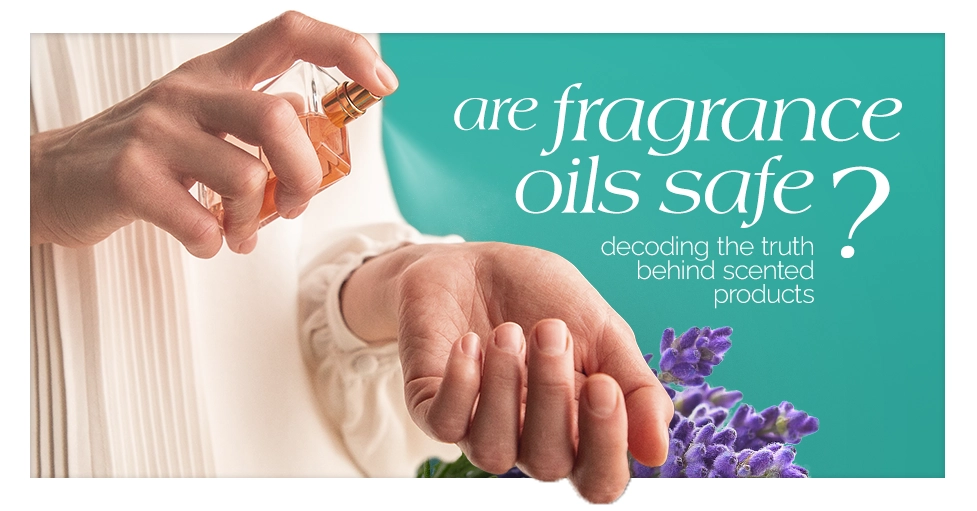

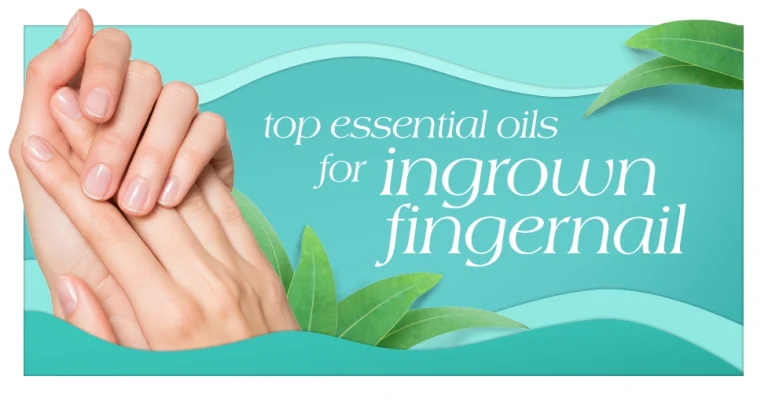
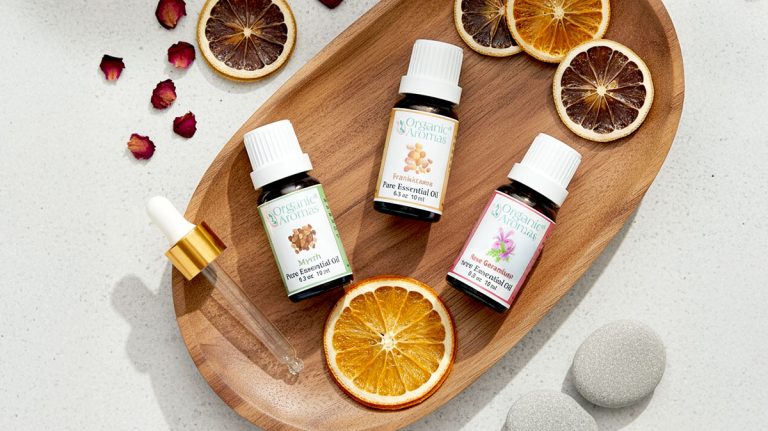


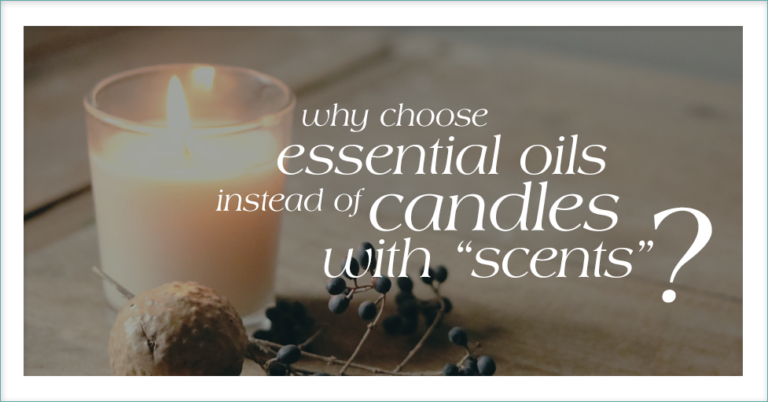
Very interesting